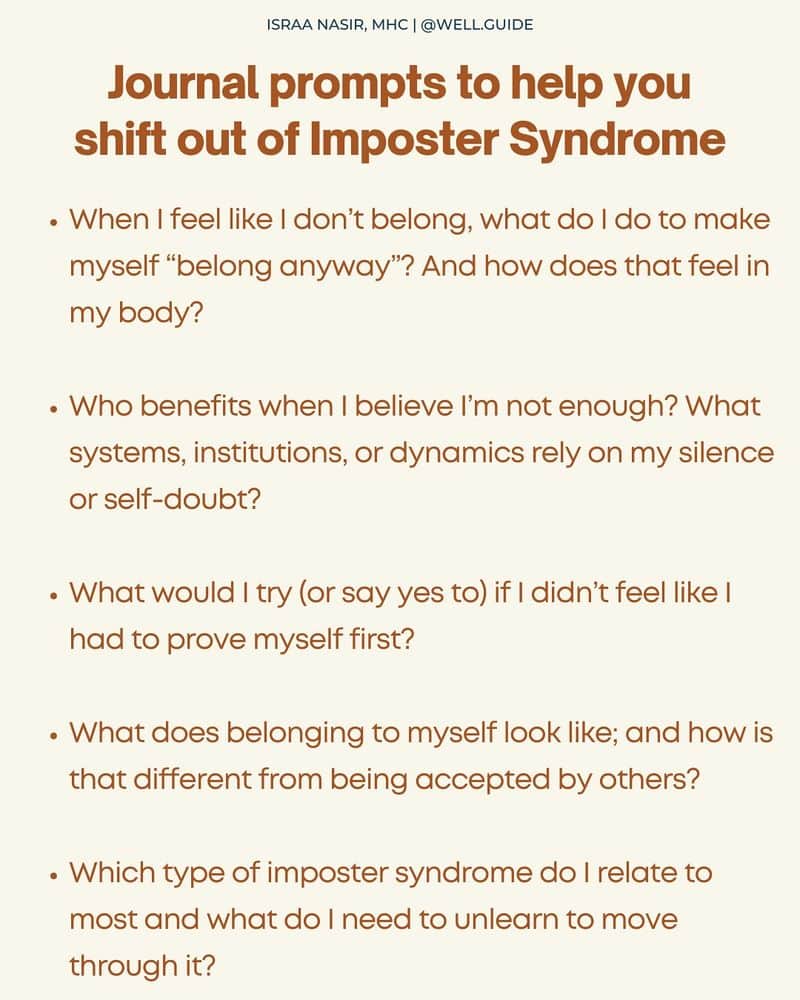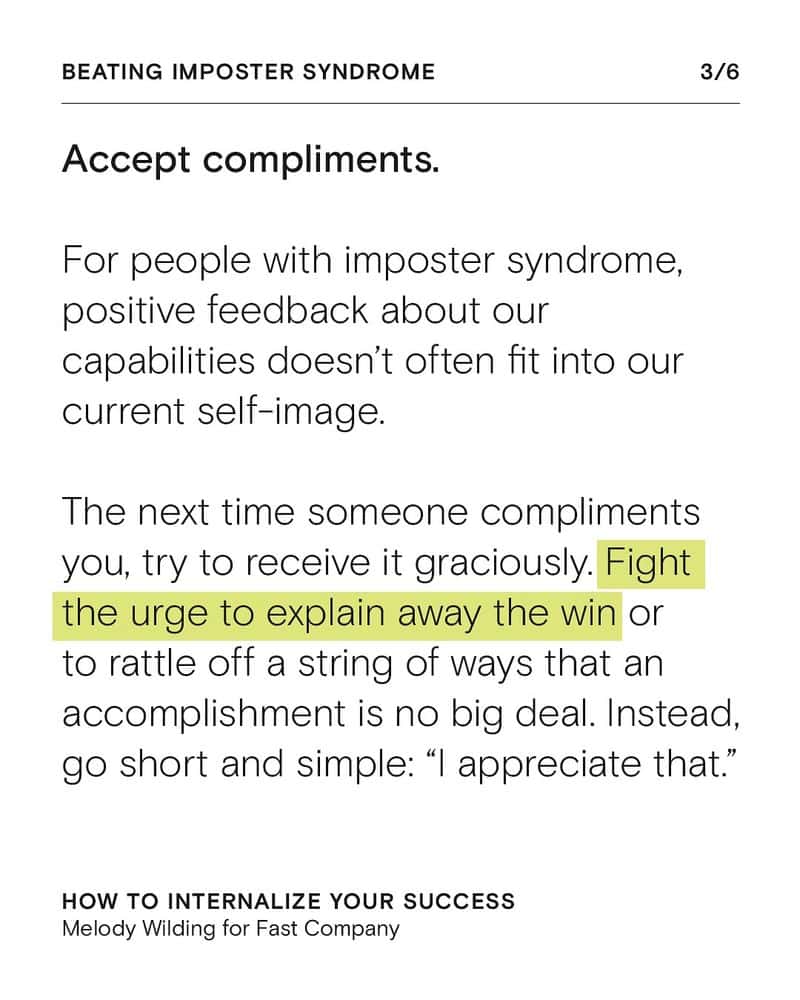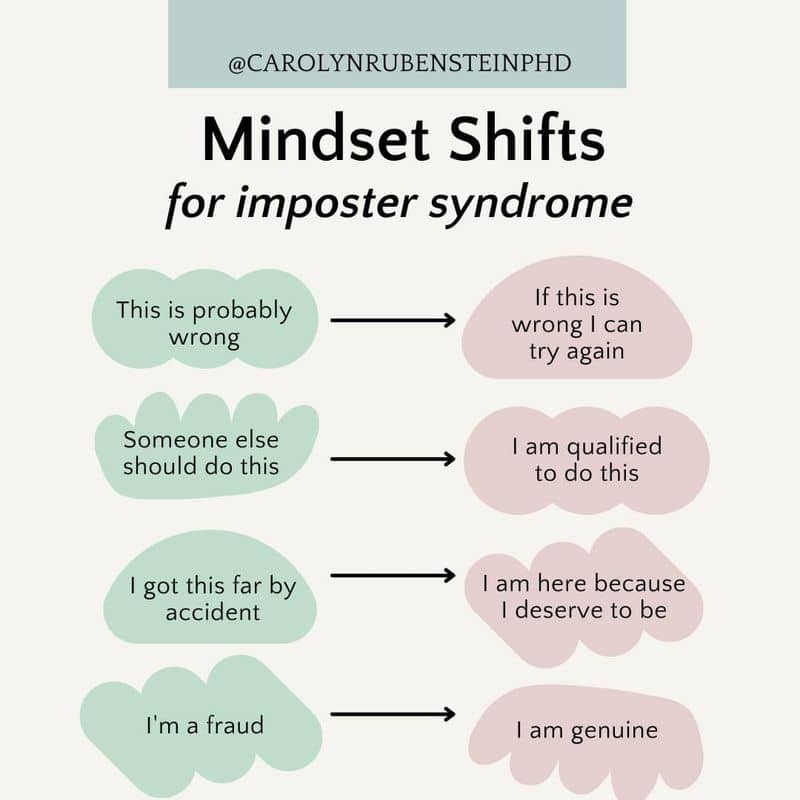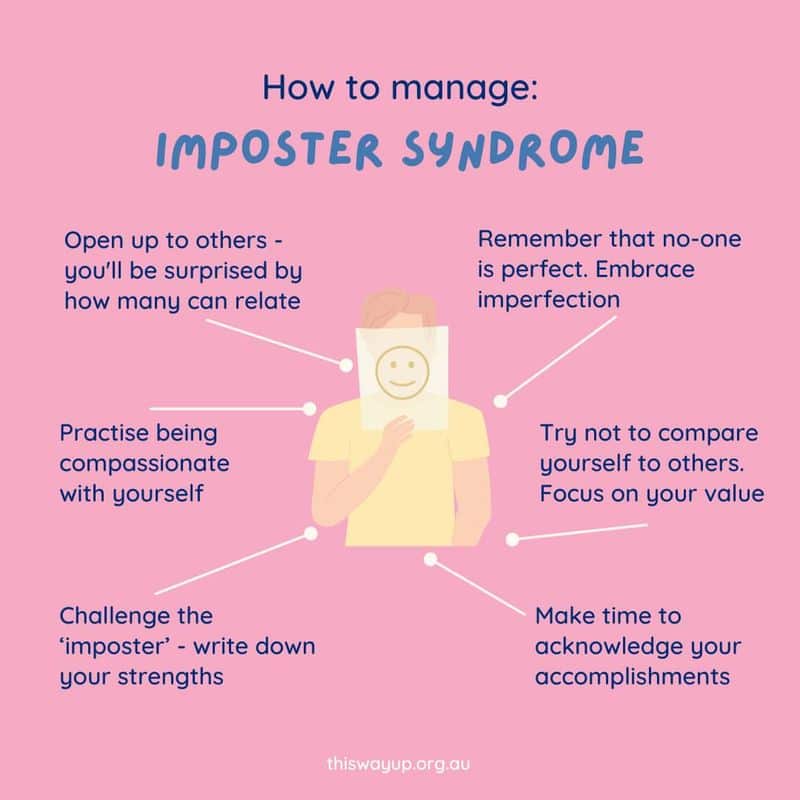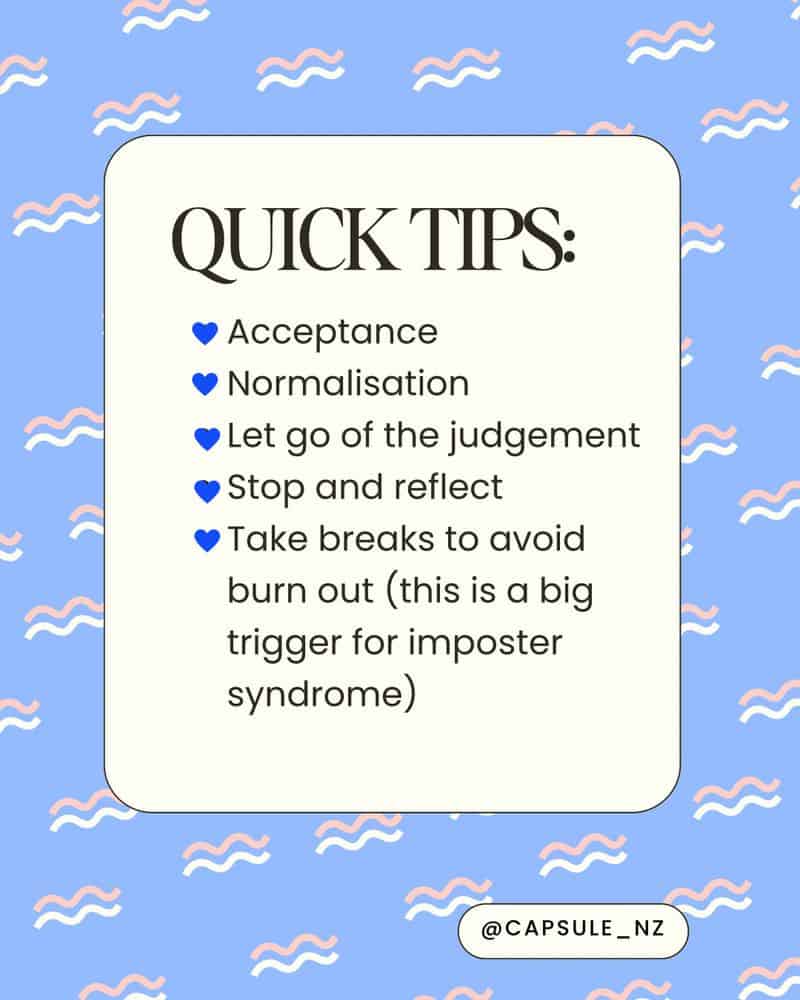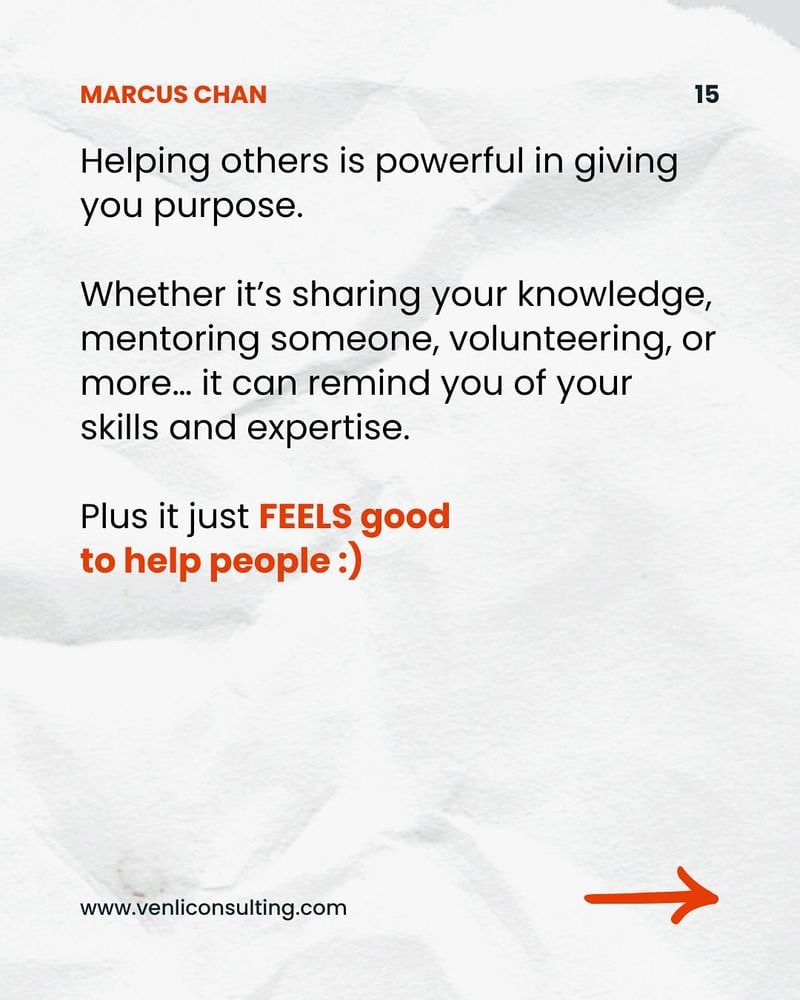Ever feel like you’re just pretending to be good at what you do? That’s impostor syndrome – a sneaky feeling that makes you think you’re not as smart or capable as others believe.
About 70% of people deal with these feelings at some point in their lives. The good news is that you can fight back against these doubts with some simple but powerful strategies.
1. Name Your Inner Critic
Giving your self-doubt a silly name creates helpful distance between you and those negative thoughts. When “Doubtful Debbie” or “Skeptical Sam” starts whispering that you’re a fraud, you can respond: “That’s just my impostor voice talking again.”
This technique turns an abstract fear into something concrete you can challenge. Researchers have found that this simple act of labeling negative thoughts reduces their power over us. Try drawing your inner critic or writing a description of what they look like.
The more ridiculous the better! When you make your impostor feelings external, they become much easier to recognize and dismiss.
2. Start a Success Journal
Memory plays tricks on us, especially when impostor syndrome clouds our thinking. A success journal captures your wins before your brain can dismiss them as luck or mistakes.
Each evening, write down three things you did well that day. They don’t need to be huge achievements – maybe you explained something clearly in a meeting or solved a tricky problem. Add positive feedback others have given you too. When doubts creep in, flip through your journal.
This concrete evidence fights your brain’s tendency to focus on negatives and reminds you of your genuine skills and contributions.
3. Collect Compliments
“That was just a fluke” – sound familiar? People with impostor syndrome often brush off praise. Break this habit by creating a special folder in your email or a note on your phone labeled “Evidence I’m Good At My Job.”
Save every positive comment, thank-you note, or compliment you receive. This might feel awkward at first, but having this collection ready when self-doubt hits provides powerful ammunition against your impostor feelings.
Review your collection regularly, not just when you’re feeling down. This trains your brain to accept praise rather than dismiss it, gradually rewiring how you see yourself.
4. Adopt a Growth Mindset
“I don’t know how to do this yet” – that one word makes all the difference. People with impostor syndrome often have a fixed mindset, believing abilities are set in stone. A growth mindset sees challenges as opportunities to improve.
When facing something difficult, notice your thoughts. Are you thinking “I’m not smart enough for this” or “This is a chance to develop a new skill”? The second approach acknowledges that expertise comes through effort, not innate talent.
Celebrate the process of learning instead of focusing only on perfect results. This mindset shift transforms impostor feelings into stepping stones for genuine growth.
5. Find Your Impostor Syndrome Buddies
Shame thrives in silence. When you keep impostor feelings secret, they grow stronger. The surprising cure? Talking about them with others who understand. Reach out to colleagues or friends you trust and share your self-doubts.
You’ll likely discover they’ve felt the same way! These conversations normalize the experience and provide perspective when you’re too close to see clearly.
Consider starting a regular check-in with your “impostor buddies” where you can celebrate wins together and help each other recognize when impostor thoughts are taking over. This support system becomes your reality check when your own judgment gets cloudy.
6. Separate Feelings From Facts
Feeling incompetent doesn’t make it true. Our emotions often lie to us, especially when impostor syndrome takes hold. The antidote is learning to distinguish between feelings and objective reality.
When self-doubt strikes, grab a piece of paper and draw a line down the middle. On one side, write your feelings (“I feel like I don’t deserve this job”). On the other, list factual evidence (“I was hired based on my qualifications and continue to meet expectations”).
This exercise forces your logical brain to challenge your emotional brain’s story. With practice, you’ll automatically start questioning impostor feelings rather than accepting them as truth.
7. Embrace the Beginner’s Mind
Not knowing everything doesn’t make you a fraud – it makes you human! The “beginner’s mind” concept from Zen philosophy celebrates curiosity and openness instead of pretending to have all the answers.
Try saying “I’m not sure, but I’ll find out” when you don’t know something. This honesty actually builds others’ trust in you more than fake confidence does. Plus, it gives you permission to keep learning without shame.
Remember that even recognized experts continue learning throughout their careers. Your willingness to grow and adapt is a strength, not evidence that you don’t belong where you are.
8. Redefine What Failure Means
For those with impostor syndrome, even tiny mistakes feel like proof they don’t belong. Changing how you view failure dismantles this thinking pattern at its root. Instead of seeing mistakes as evidence of incompetence, frame them as valuable data points.
Ask: “What can I learn from this?” rather than “What does this say about me?” This shifts your focus from identity to improvement. Create a “failure resume” listing setbacks you’ve overcome and what they taught you.
This unusual document reminds you that stumbles are part of everyone’s journey and often lead to your greatest growth. Failure isn’t the opposite of success – it’s part of it.
9. Practice Self-Compassion Breaks
Would you speak to a friend the way you speak to yourself? Probably not! Self-compassion researcher Dr. Kristin Neff found that treating yourself with the same kindness you’d offer others directly counters impostor syndrome.
When feeling like a fraud, take a self-compassion break: Place your hand on your heart, acknowledge your struggle (“This is really hard right now”), remember you’re not alone (“Many people feel this way”), and offer yourself kindness (“May I be patient with myself through this”).
This practice feels awkward at first but gets easier with repetition. It activates your body’s calming system, reducing the stress that fuels impostor thoughts.
10. Mentor Someone Else
Nothing cures impostor syndrome quite like helping someone who knows less than you do. When you teach others, you suddenly realize how much knowledge you actually possess. Offer to mentor a newer colleague or volunteer your skills in your community.
As you share what you know, you’ll gain perspective on your own expertise. You’ll also notice that even with gaps in your knowledge, you still provide real value.
This role reversal helps you see yourself through others’ eyes rather than through your own critical lens. The appreciation you receive reinforces that your contributions matter, regardless of whether you feel “qualified enough.”



